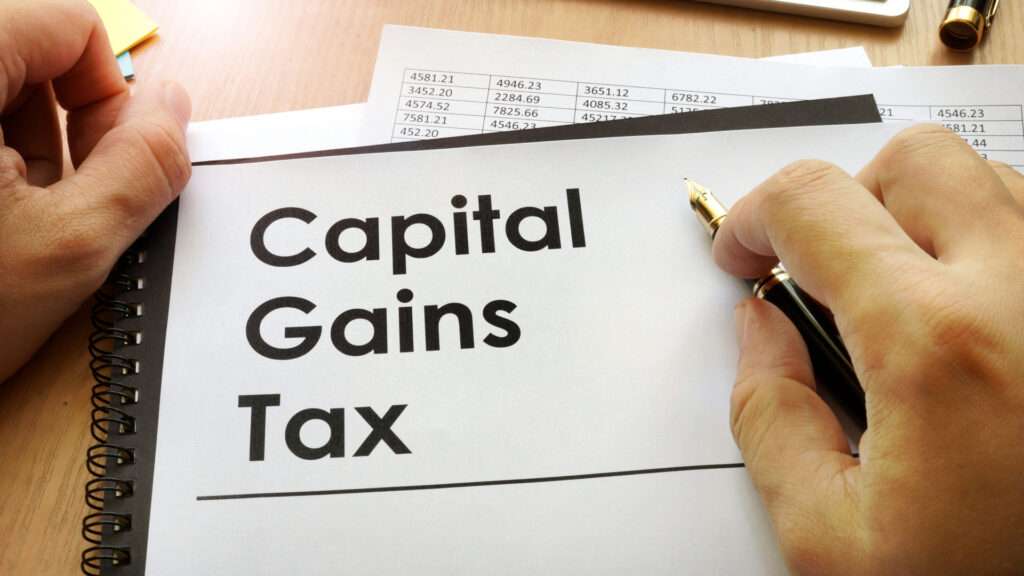
Property owners are being urged to prepare for the upcoming changes to the Capital Gains Tax reporting rules on residential properties, set to come into effect on the 6th of April. So, what is Capital Gains Tax and when do you have to pay it?
​Capital Gains Tax (CGT) is tax that must be paid when selling a property for more than you bought it for in the UK. Generally, you won’t need to pay the tax on your main home, it usually comes into play during the process of selling a second home or a buy-to-let property. In addition to this you may also have to pay CGT if your property is used as a business premise in any way, or you lease out part of the property. The CGT rate on a property is one of the highest forms of CGT. With the majority of assets, the basic rate of CGT is 10%, with a higher rate of 20% However, when selling a property, the basic rate increases to 18% and the higher rate to 28%.
At this current moment in time, if you owe any tax after the sale of one of your properties you have until the next self-assessment tax deadline to report the disposal and pay the tax owed. This will be the 31st January following the end of the tax year in which the sale or disposal was made.
As of the 6th of April 2020, property owners looking to sell a property will have just 30 days to settle any tax due after completion in comparison to the current 10-22 month period. To do so you must submit a ‘residential property return’ and make a payment on the account. This significantly decreases the amount of time the property owner has to both calculate and pay their CGT. Only if an individual is under ‘Self-Assessment’ will the normal Self-Assessment payment date of January 31st in the following tax year continue to apply.
James Cook, Partner at law firm Collyer Bristow said: ‘Under the current rules, anyone selling a property has until 31st January in the following tax year to file and settle any CGT liability, giving them potentially up to 22 months.
‘From 6th April 2020, all CGT liabilities will need to be settled in just 30 days of completion of a sale. That leaves very little time to calculate the tax to be paid, report the gain, and pay tax. It is likely to catch out many second homeowners and investors who have either failed to plan for the tax charge or do not have the available cash.’
Failure to file CGT returns on time could leave individuals facing a number of different fines, starting at an immediate £100. Additional penalties include a fine in excess of £300 or 5% of the tax due if the CGT is over half a year late.
James adds: ‘The changes were first announced in 2015 but have been pushed back as HMRC was concerned that second homeowners and investors were not aware of the changes. From conversations with our clients, it appears that they are still not fully aware of the implications of the change. Our advice to second homeowners and investors is to calculate liabilities before any sale so as to avoid any unnecessary penalties.’
Are you looking to sell your property? Find out how much your property is worth in seconds for free here!